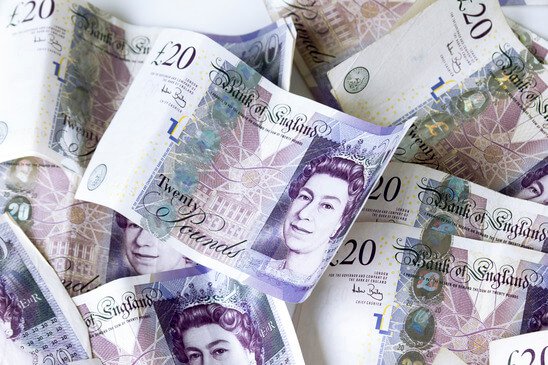On 8th March, Philip Hammond, Chancellor of the Exchequer, delivered the Spring Budget to Parliament. Does Hammond’s new budget spell good or bad news for your business? Keep reading to find out.
Key Numbers
- The Office for Budget Responsibility’s (OBR) forecast for business investment showed improvements since the Autumn Statement, concluding that business investment declined 1.5 per cent in 2016 (up from 2.2). The OBR estimated that business investment will shrink 0.1 per cent in 2017 (up from 0.3), then return to growth with 3.7 per cent in 2018 (down from 4.1), 4.2 per cent in 2019 (down from 5.3) and 3.9 per cent in 2020 (down from 4.1).
Highlights for Businesses and Individuals
- Insurance Premium Tax (IPT) will increase by 2 per cent: The IPT, a tax on general insurance premiums, will increase from 10 to 12 per cent in June 2017, potentially ushering in premium increases for many types of insurance.
- National Insurance Contributions (NICs) for the self-employed will not increase: Class 2 NICs (paid on profits above £5,965) will be abolished in 2018.
- Three measures will amount to £435 million to support businesses affected by the business rates revaluation: The next revaluation takes effect in England on 1st April 2017. To help, Hammond pledged three measures:
- Small businesses losing Small Business Rate Relief will not pay more than £600 in business rates than they did in 2016-17.
- £300 million to local authorities to provide discretionary relief to hard-hit businesses.
- A £1,000 discount for pubs with a rateable value up to £100,000.
- New consumer protection measures that include preventing unexpected charges when consumers renew a subscription or end a free trial, making terms and conditions simpler, and fining companies that misled or mistreat customers.
- Corporation tax falls to 19 per cent in April 2017 and 17 per cent in 2020.
For more detail, read the full Spring Budget here.








